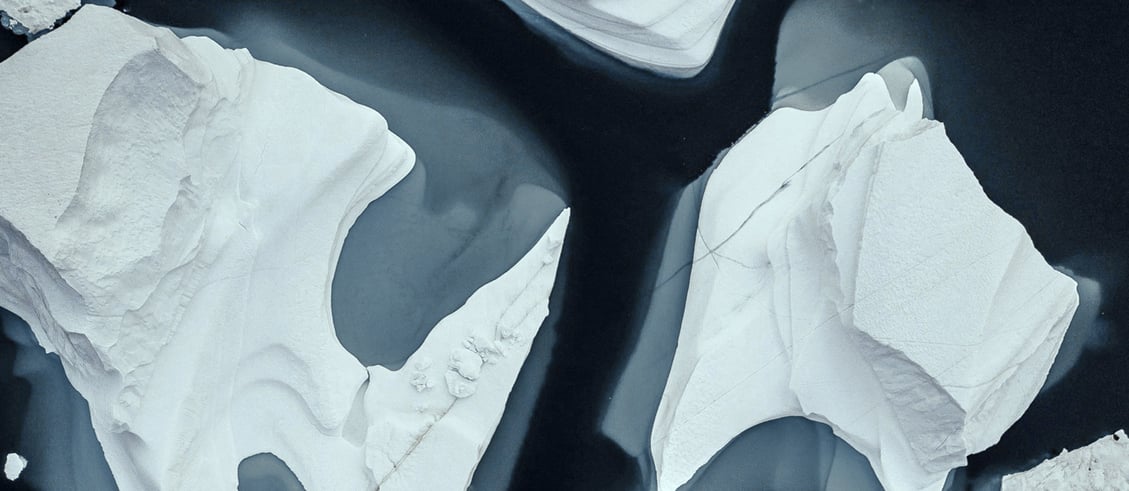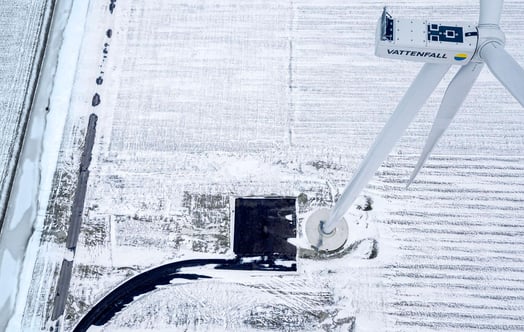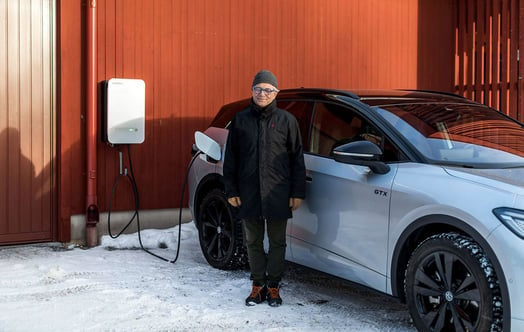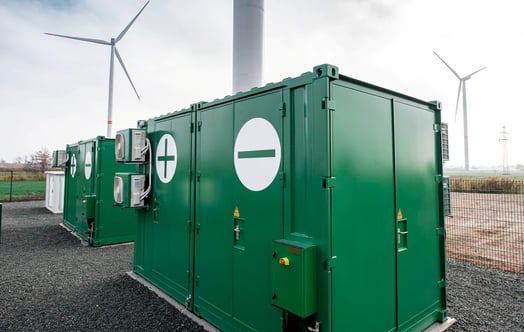The climate crisis is changing how we do journalism, according to investigative journalist and author Mark Lee Hunter.
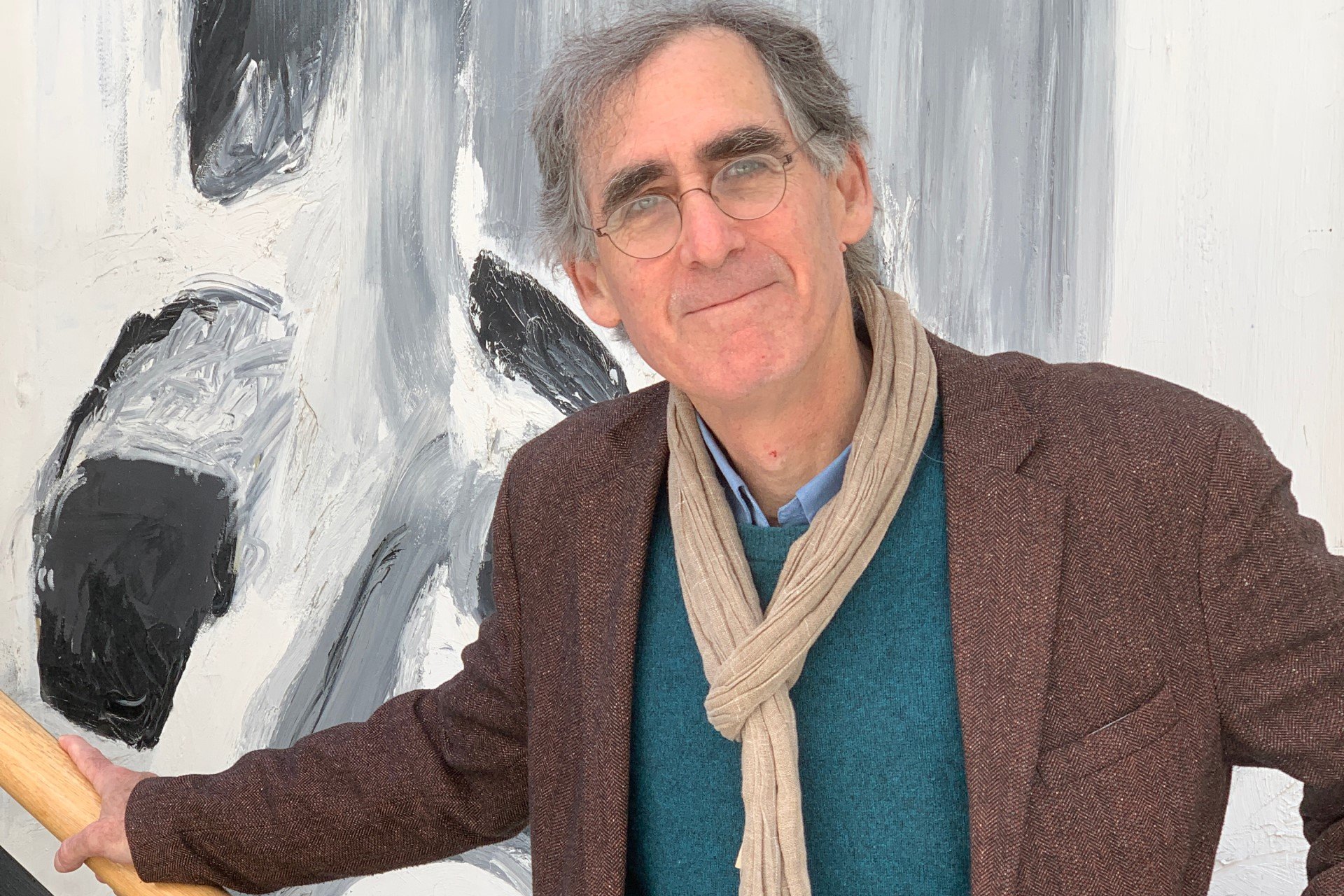 Mark Lee Hunter. Photo: James Hollingsworth
Mark Lee Hunter. Photo: James Hollingsworth
Mark Lee Hunter has dedicated his life to investigative journalism, notably through the Global Investigative Journalism Network, where he is a founding member and author whose manuals have trained thousands of reporters, editors, students, trainers, NGO investigators and professors.
On September 24 he will be co-moderating the seminar “Can climate communication overcome the bad news problem?” sponsored by Vattenfall. In this article he argues – as others, notably Jay Rosen, have argued for decades – for journalism that accepts responsibility for the future. It’s already emerging at startling speed in numerous locations, he notes. In one way or another, the climate story is changing everything.
Mark Lee Hunter: How I got here
“I came across the work of the scholar Jack Haskins a decade after he warned about “the bad news problem”, while working on my doctoral thesis . His basic point was that repeated exposure to “hyper negativity” in media repulses people. He also said that taken to an “extreme”, such material can become traumatic for investigative journalists. He did not say what constitutes an extreme investigative report, but it still sounded like a threat.
I wasn’t buying it. An investigative reporter was what I wanted to be. Besides, it wasn’t the first time I’d heard that investigative reporting was doomed. Also in 1984, the US news industry bible, Editor and Publisher, asked: “Is Investigative Reporting Dead?” People went on doing it, though at the risk of everyone’s mental health, if Haskins were right.
And now here we are, thirty years later, and I’m co-moderating and helping to organize a conference on “Can climate communication overcome the bad news problem?” That happened because I’m still an investigative journalist, and I’ve lately had to accept some facts I don’t like.
The first is what’s commonly called “news avoidance”; put simply, some people stay away from the news because it depresses them. It looks like Haskins and a number of other researchers were right about that.
It came back to me from Vattenfall, to whom I was teaching via Rotterdam School of Management; they’d done a study which showed that negative climate coverage can lead to eco-anxiety, and to feelings of individual powerlessness, not to mention a reduced tendency to take action. For an energy firm trying to negotiate the zero-carbon emissions transition with its customers, those were unpleasant findings.
Soon after, the Reuters Institute for the Study of Journalism and its sister house, the Oxford Climate Journalism Network (OCJN), published studies of the overall news public and the specific public for climate news, and arrived at the conclusion that 36 percent of the first group avoid news in general, and similar percentages (depending on the country, India is highest at 41%) avoid climate news in particular. Both groups said the news depressed them.
I’m still an investigative journalist, and I’ve lately had to accept some facts I don’t like
I shouldn’t have been surprised. In 2017 I collaborated on an environmental investigation with Greenpeace. They’re expert researchers and lobbyists, too, the kind of people who can obtain a reform. One of their managers told me, “Change is slow.” Even these patient, determined people, I learned, can get depressed thinking about the climate crisis.
Interestingly, “those who consume climate change news more frequently are more likely to agree that they find it empowering in some way,” reports the OCJN (whose Mitali Mukherjee will speak with us on Sept. 24). “It helps them know what to do in response.” That makes me wonder: Is our mission, as journalists, to persuade people that they should pay more attention to news, or to give people who understand the value of news more news that they value?
I think one of the most significant trends in news resides in the emergence of independent media aimed at specific stakeholder communities. Climate change is one of those communities. Much of the toughest work in climate coverage is done by NGOs like Climate Integrity (who join us on 24 September) or specialized media like DeSmog (UK), which deliver exclusive and actionable information to their activist communities. Like their followers, they are committed and transparent; they are not neutral toward the possibility of an over-heated world. They investigate and take sides.
Public broadcasters are facing a different challenge, as Alexandra Borchardt (a researcher, journalist and speaker on 24 September) has documented for the European Broadcasting Union. They must avoid the appearance of activism. They cannot appear to take sides. And they must balance this stance with the increasing urgency of a visible crisis. They have endorsed solutions or constructive journalism, focused on climate mitigation strategies, as the best path forward.
Both these parallel industries seek to grow their publics, and in particular the audience for climate news. Both are collaborating with other organisations to an unprecedented extent. They are both also engaged in a mobilisation that surpasses anything I’ve seen in my 46 years in journalism. A massive, global upgrade of reporters’ climate knowledge is underway, financed largely by foundations.
The climate story has changed what we consider news. In news writing there was never a future, because news is what just happened, not what might happen. Now we are focused on a growing menace whose worst effects will be felt in the more or less near future. (The name AFP gave its climate coverage work, “The Future of the Planet”, makes it explicit. Editor-in-Chief Ivan Couronne, will speak at the event.) As Canadian activist and author Naomi Klein says, “This changes everything.” Our language, how we work, the stories we tell, how we tell them, who cares about them – everything.
My goal for the conference is to help surface those changes. Some are in a nascent state, some are developing new scope. Experiments are underway, and we need to see which work. We don’t know if or how this unprecedented effort will result in impact – more people concerned about and engaged in climate mitigation, policies and conversations. We don’t know if it will affect carbon emissions, either. But once we accept the premise that climate change is an existential issue, we have to try.“
Mark Lee Hunter
As an investigative journalist, Mark Lee Hunter has received a number of awards for his reporting. He is a founding member of the Global Investigative Journalism Network and the principal author of ‘Story-Based Inquiry: A Manual for Investigative Journalists’ (UNESCO 2009). He has lectured in 40 countries on five continents and pioneered collaborative investigations with NGOs, notably Greenpeace. Mark Lee Hunter will co-moderate the seminar ‘Can climate communication overcome the bad news problem?’ on 24 September 2024.
More information about Mark Lee Hunter
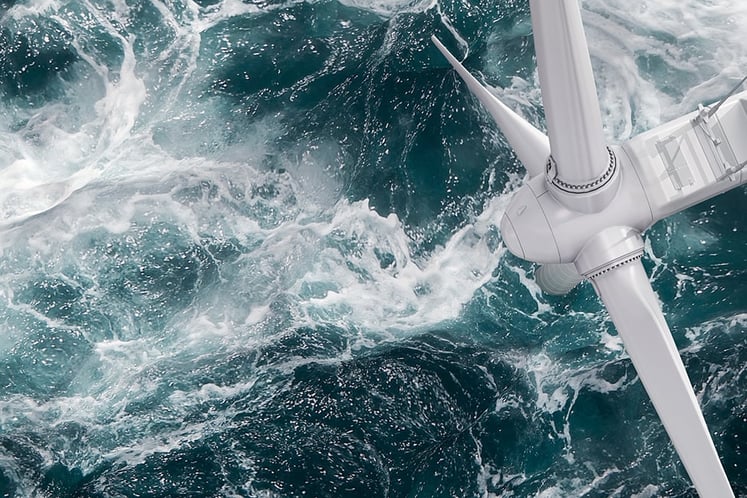
Subscribe to the newsletter THE EDIT
THE EDIT is Vattenfall's new monthly newsletter. Each issue highlights a new burning issue from the world of sustainable energy and fossil freedom.

